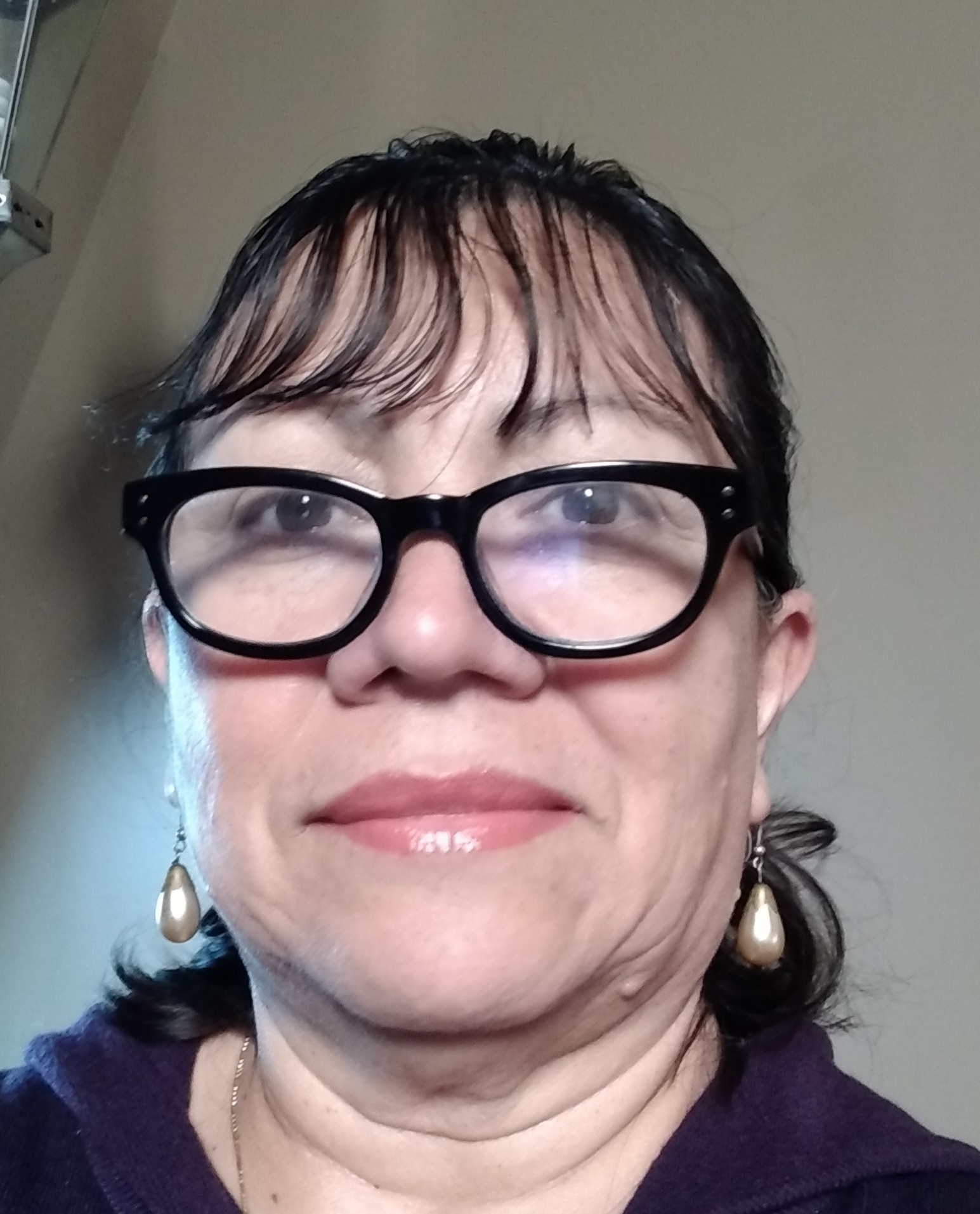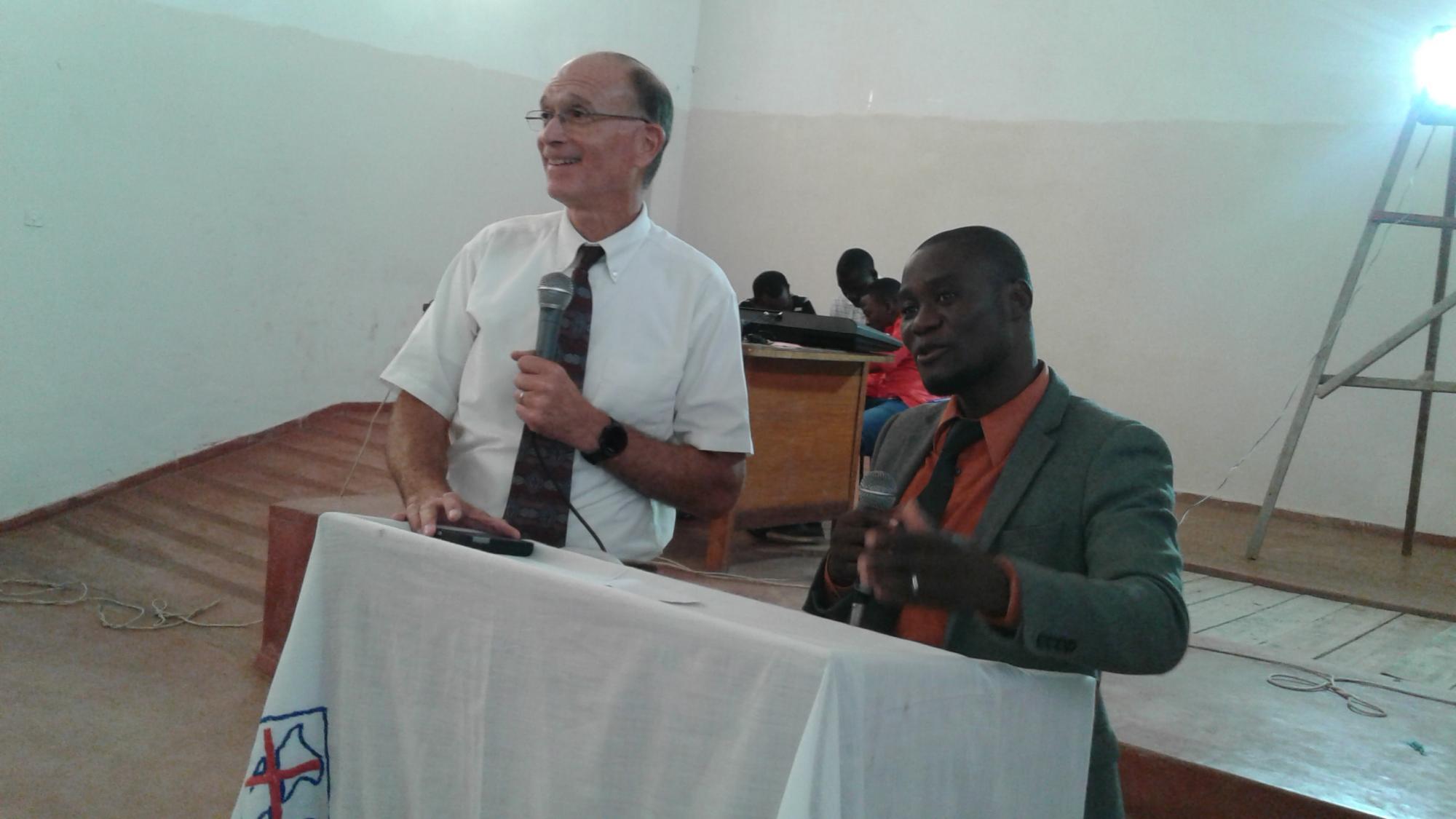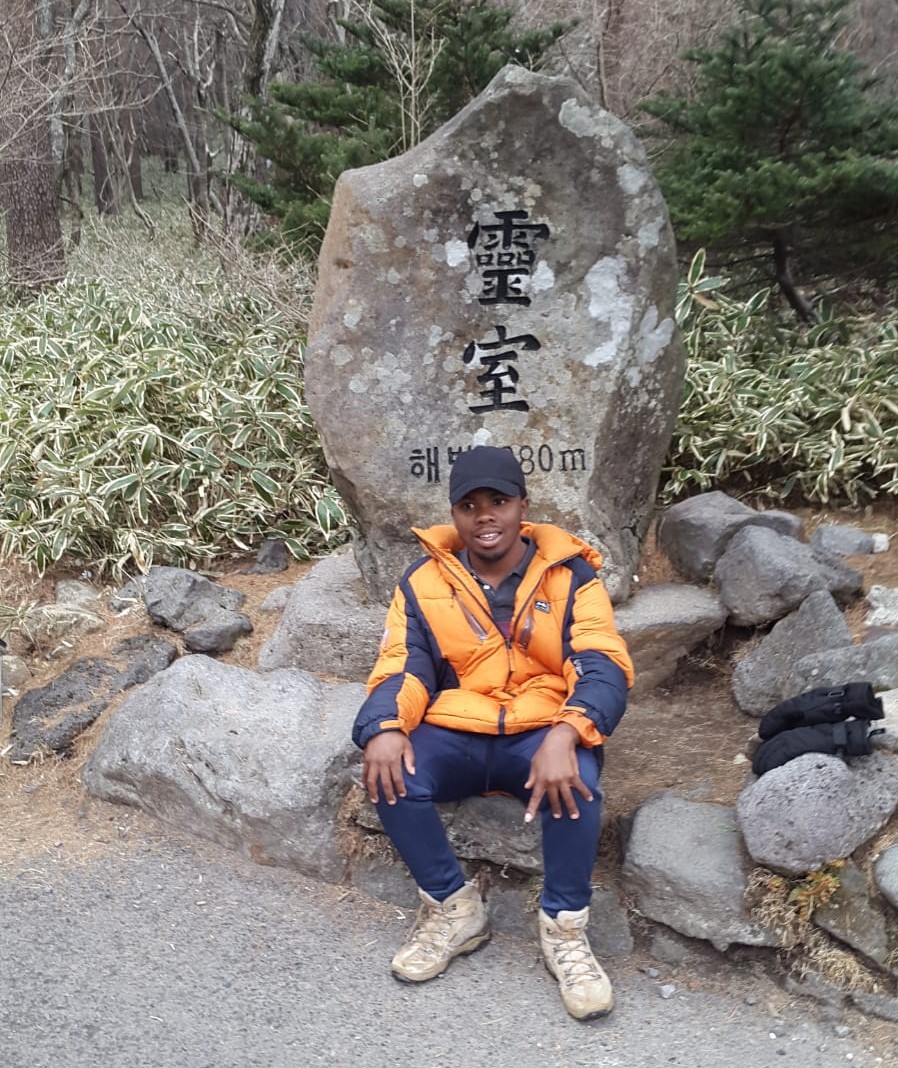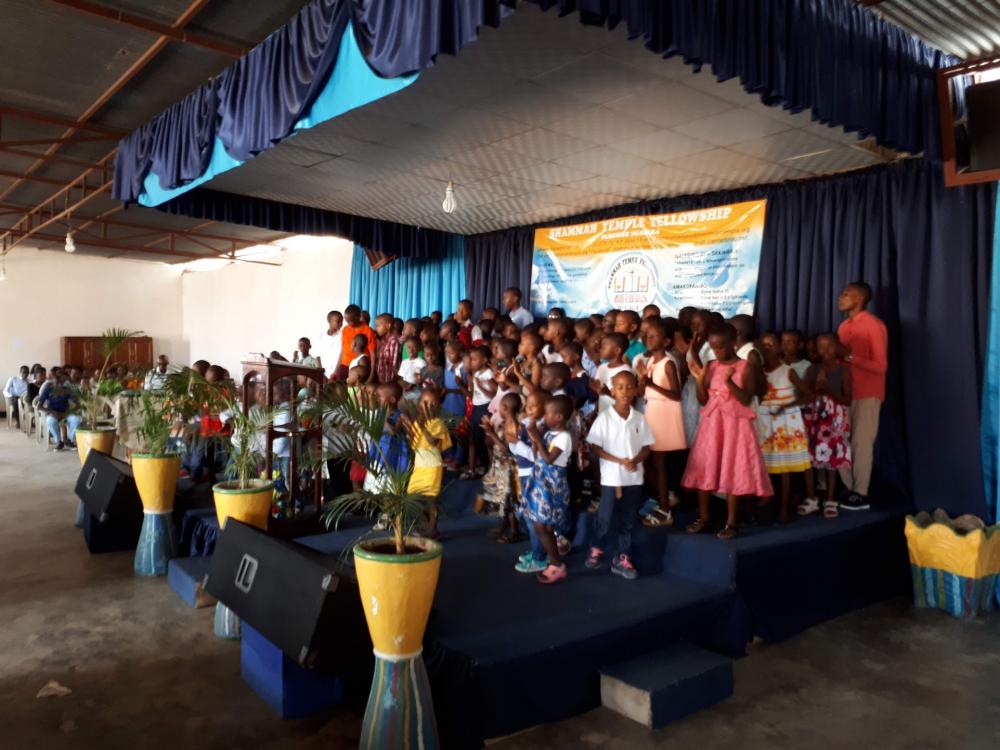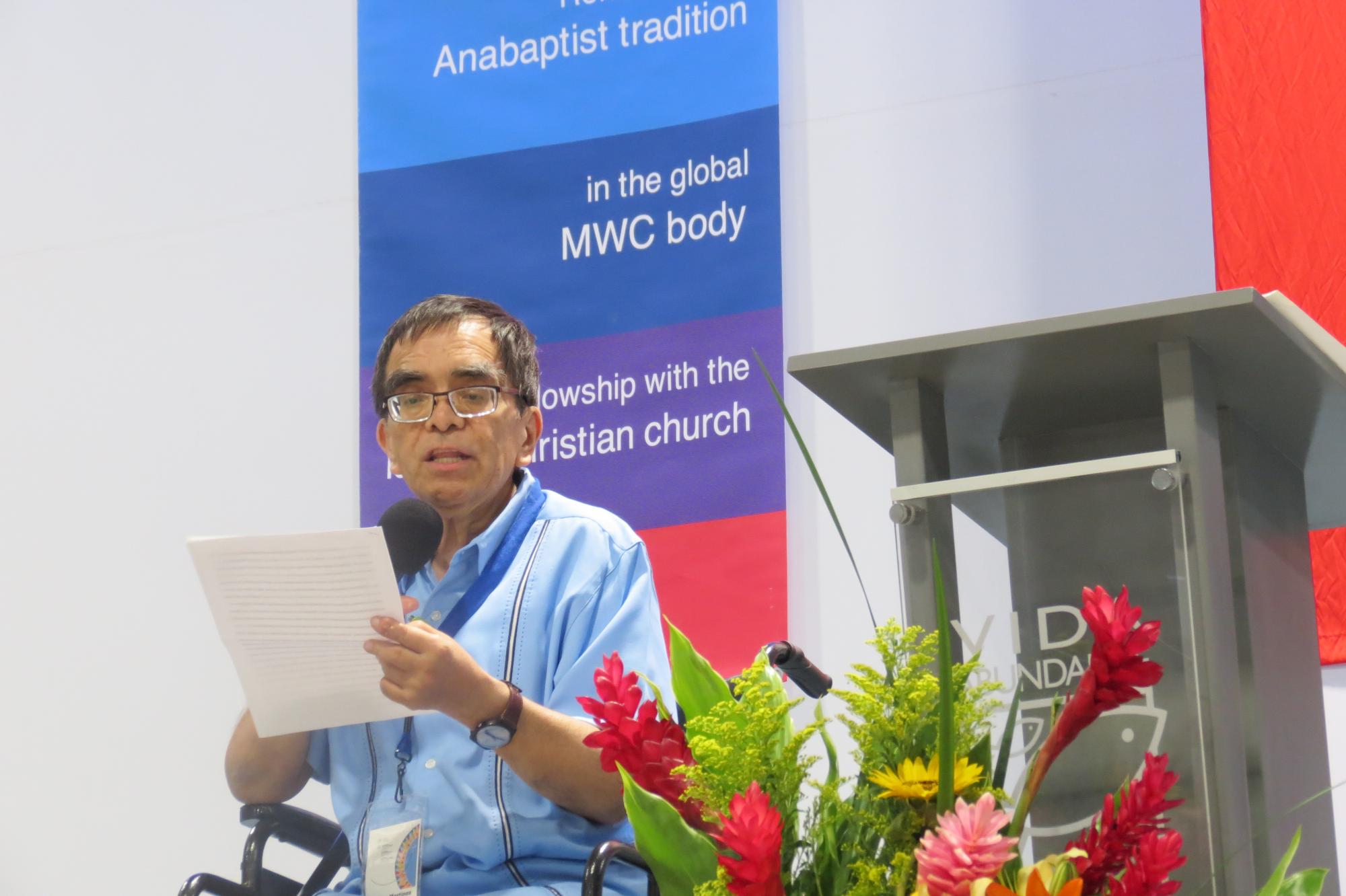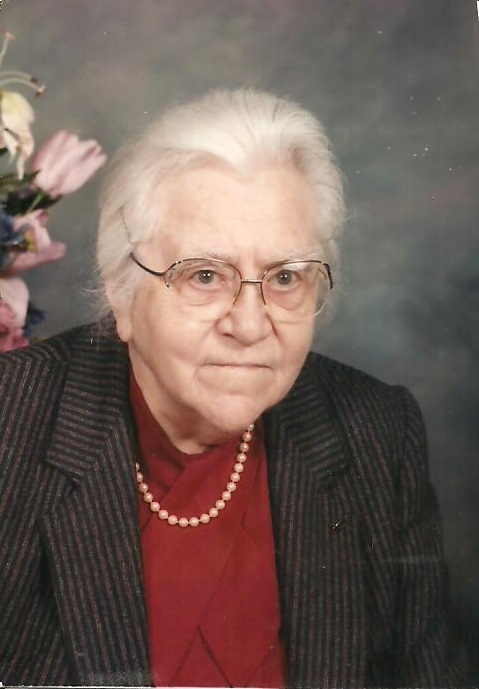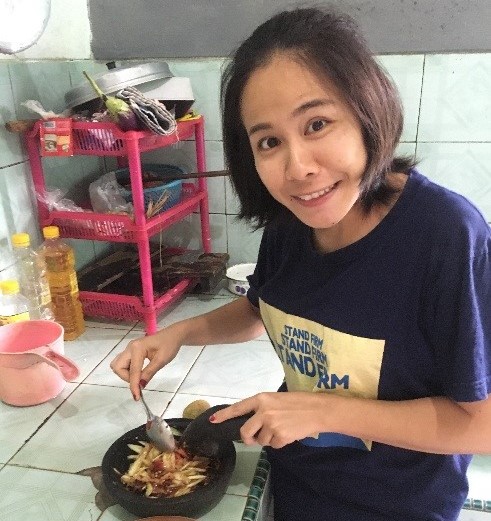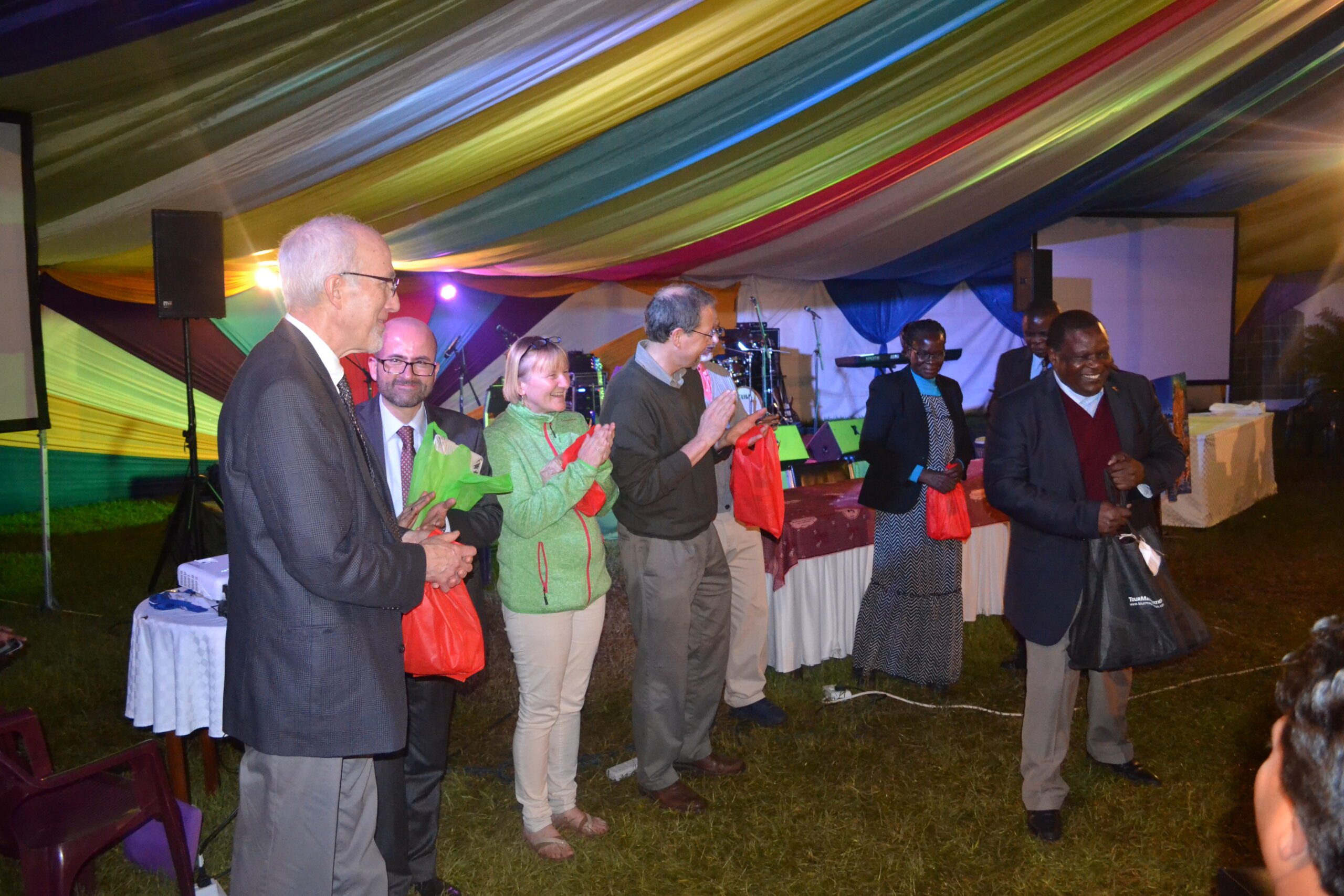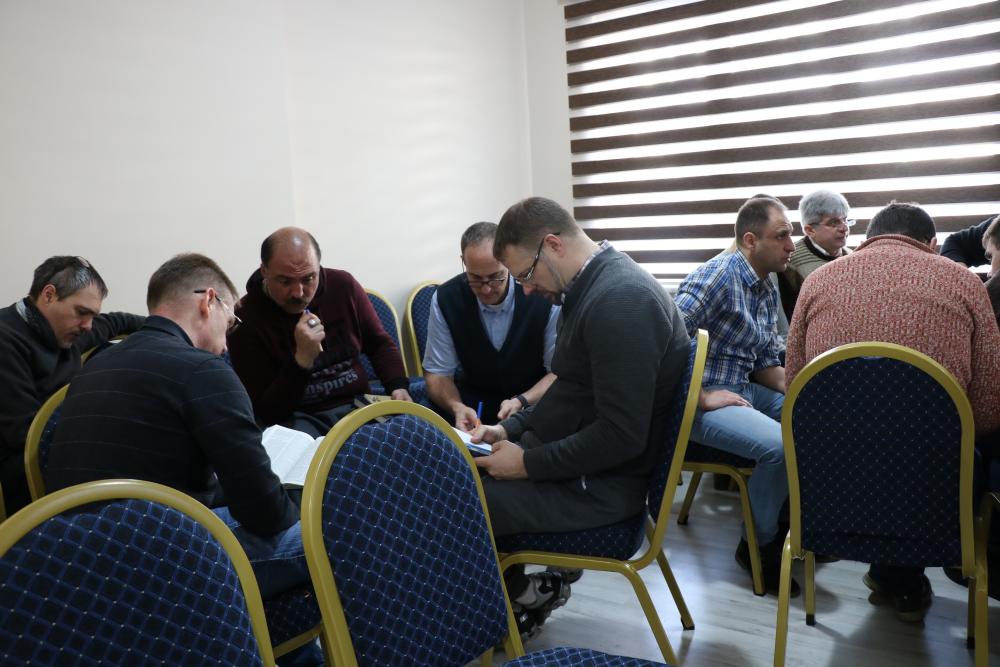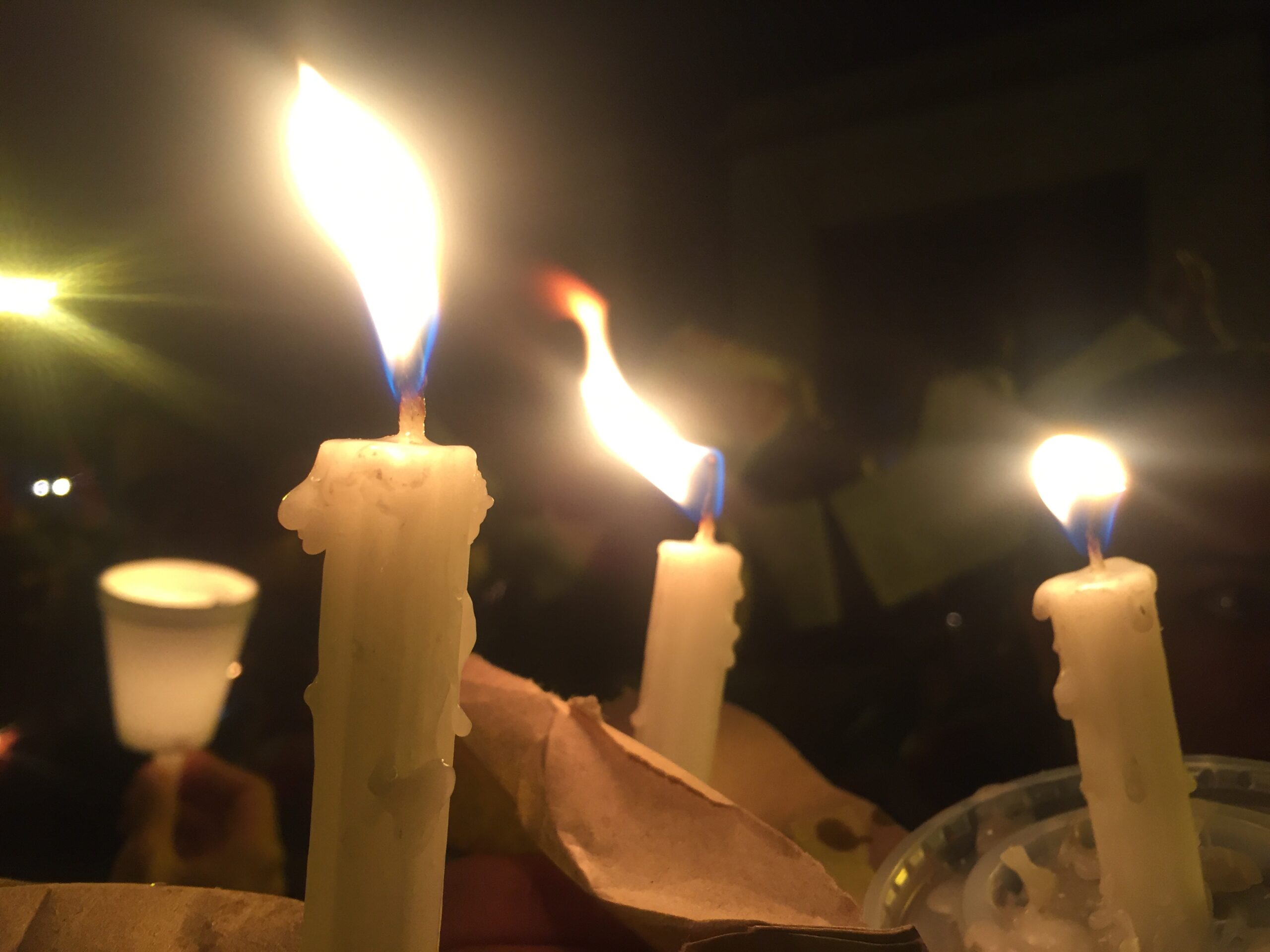-
Justice on the journey: Migration
Like the chambers of a heart, the four MWC commissions serve the global community of Anabaptist-related churches, in the areas of deacons, faith and life, peace, mission. Commissions prepare materials for consideration by the General Council, give guidance and propose resources to member churches, and facilitate MWC-related networks or fellowships working together on matters of…
-
Born for mission, die for mission
Renewal 2027 testimony: Anabaptists today Renewal 2027 is a 10-year series of events organized by Mennonite World Conference’s Faith and Life Commission to commemorate the 500th anniversary of the beginnings of the Anabaptist movement. This series highlights leaders in the movement from history to the present. “I was born for mission; I will die for…
-
Making up
Children’s ministry resource This story illustrates a way of worshiping with children. The author believes it is very important to both acknowledge the children’s connection with God and the sacredness of learning from Scripture at the beginning of story-time. Her wondering questions do not require spoken answers. They open the child’s theological thinking process. Sometimes…
-
“Every second, God is here, helping me”
“A chapter of my story was written while with YAMEN,” says Diana Martínez. The young church leader from Colombia served as an educational assistant at Casa Hogar Belén, a children’s home in Managua, Nicaragua, 2017–2018 through YAMEN. YAMEN (Young Anabaptist Mennonite Exchange Network) is a joint program of Mennonite Central Committee (MCC) and Mennonite World…
-
Ministry partner update: ICOMB – April 2019
The International Community of Mennonite Brethren (ICOMB) is made up of 21 national churches in 19 countries with approximately 450,000 members. ICOMB exists to facilitate relationships and ministries to enhance the witness and discipleship of its member national churches – connecting, strengthening and expanding. The Church in Burundi – trip report from Victor Wiens, ICOMB…
-
Challenge and hope on the road
“We enthusiastically celebrate that we are a Christo-centric borderless faith community, because as part of Mennonite World Conference, we fraternally unite with 107 Anabaptist and Mennonite [national churches and one international association] across 58 different countries in the world,” said Maykol Luis García Morelli, president of Asociación de Iglesias Cristianas Menonitas (Mennonite church) de Costa…
-
Praying through the decades
A Sunday school assignment in the 1940s to exchange letters with a missionary began a Canadian woman’s a lifelong investment in prayer for India. A Sunday school teacher at Elmira Mennonite Church assigned teenaged Erla Buehler to write to Lena Graber, a registered nurse from Iowa, USA, who was serving with what is now called…
-
A recipe to cure homesickness
Laos and Indonesia are both in South East Asia, so some kinds of food are similar. But sometimes, as Laotian teaching English on YAMEN in Indonesia, I miss Lao food. When I make food from home, it helps me to not feel as homesick. Cooking Lao food to share with others helps me to share…
-
Mennonite Church West Africa celebrates credentialed pastors
During its 2018 annual conference, Mennonite Church West Africa (MCWA) celebrated its first-ever credentialed leaders: Adriano MBackeh, Sangpierre Mendy, Daniel Djin-ale, and Gibby Mane. More than 200 joyous attendees – the most ever for this type of event – filled Catel Mennonite Church’s new meetinghouse for MCWA’s annual conference 26–31 December 2018. On 27 January…
-
General secretary relocates
General secretary César García and executive assistant Sandra Báez Rojas of Mennonite World Conference (MWC) have relocated to Canada in February 2019 to work out of the Kitchener, Ontario, office. MWC is an international communion of Anabaptist related churches with members from around the globe. Regional representatives provide two-way connections between local churches and the…
-
Ministry partner update: ICOMB – March 2019
The International Community of Mennonite Brethren (ICOMB) is made up of 21 national churches in 19 countries with approximately 450,000 members. ICOMB exists to facilitate relationships and ministries to enhance the witness and discipleship of its member national churches – connecting, strengthening and expanding. The church in the Middle East Recently a group of brothers…
-
A little more light
Like the chambers of a heart, the four MWC commissions serve the global community of Anabaptist-related churches, in the areas of deacons, faith and life, peace, mission. Commissions prepare materials for consideration by the General Council, give guidance and propose resources to member churches, and facilitate MWC-related networks or fellowships working together on matters of…
